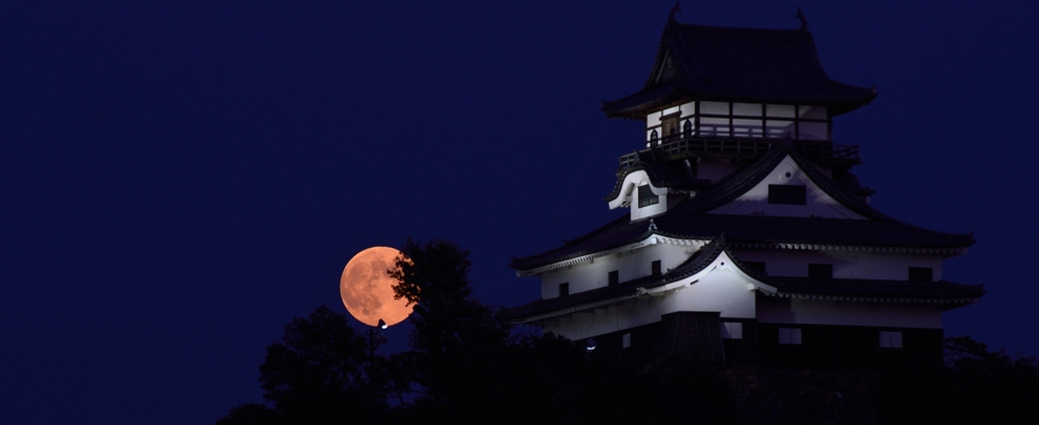This will be an interesting issue, to say the least. Grab yourself a cup of coffee or tea and dive in.
In the last issue, I talked about the cultural context of classical music and how it can affect the way we engage with it. Perhaps a prime example of a shift that allows music to transform would be the Meiji era of the Japanese.
During that time period, Japan as a nation took the very first step towards political and cultural extroversion. That allowed for the influx of the imposing western music to the traditional, folk tunes of the island country.
This synergistic interaction led to some unique and beautiful compositions. You could argue that the traditional music was diluted but in reality, great composers always imitated each other and borrowed from their own culture.
(Take the Russians, like Tchaikovsky)
During the rest of the 20th century, Japan embraced western music even more, giving back to the global collection of music, with composers like Takemitsu.
But it all started with one young man. Taki Rentaro.
The First Japanese Piece for Solo Piano
Taki was one of the first composers to bridge the gap between the nation’s rich indigenous form of music and the one from the Occident.
The Minuet in B minor follows the typical binary structure of a minuet dance but incorporates many melodic tropes of traditional Japanese music.
Rentaro became the second Japanese composer to enter Leipzig’s University of Music and Theatre (established by none other than Felix Mendelssohn). Unfortunately, he fell ill during his first year and returned to Japan where he died at the age of 23.
4 months before his death, he composed his last piece called “Urami”. Regret.
The footnote of the manuscript reads: “Doctor doctor”.
Even though he died so young, Taki Rentaro is considered one of the most famous Japanese composers.
Kojo No Tsuki
He composed numerous songs, the most famous one is the “Moon over the Ruined Castle”.
A breathtaking piece, showing true maturity and a personal style that has pierced through the cultural differences.
I’d consider it the cornerstone of the Japanese music of the 20th century.
(This is also a great “modernized” version)
The composition inspired many musicians to adapt the piece of their own genre.
The Scorpions:
Thelonious Monk (from “Straight No Chase”):
Another famous song is “Hana” or Flowers:
You can easily identify the crossroad and the merging of styles.
Many of his songs are didactic in nature, meaning they establish clear motifs and structure musicians can study and emulate. Hence the popularity of transcriptions.
CODA
The radical changes that happened in the 20th century gave birth to a monoculture of music. Everything began merging into a solid mass of repetition and pre-made chord patterns.
In contrast, we can see here the dialectical process that occurs whenever mature musical structures interact with each other. Instead of flatlining, new music emerges, using the foundation we’ve been developing for 1000s of years.
Taki Rentaro wasn’t consumed by Western music. He was able to flourish creatively through an empirical framework.
I hoped you enjoyed the music today. I certainly did. It’s always a pleasure revisiting these songs and finding new ones.
Share this with every musician, uninitiated pop listener, classical music connoisseur, snob aristocrat, the bourgeoisie or proletariat:





Beautiful, beautiful pieces here. "Urami" in particular really caught me off-guard, haunting.
Japanese jazz is another absolute treasure trove of great music. Definitely benefitted from the geographical isolation over the 20th century, allowing them to avoid the BS going on elsewhere.
With regard to the monoculture, I've been reading Tom Wolfe's From "Bauhaus to our House", and "The Painted Word" on architecture and art respectively, explaining the rise of the modernists and the birth of the monoculture - highly recommend both.
How we strayed so far from the path is astonishing, but it's interesting to know the simple reasons behind it all. Status rules all.
One of the best posts I've seen lately, thank you. Scorpions knocked it o/o the park and all of the others are great. Thanks again.